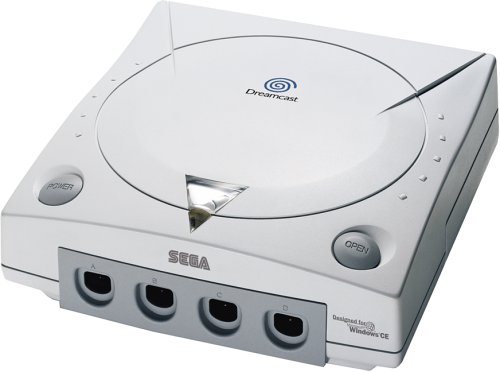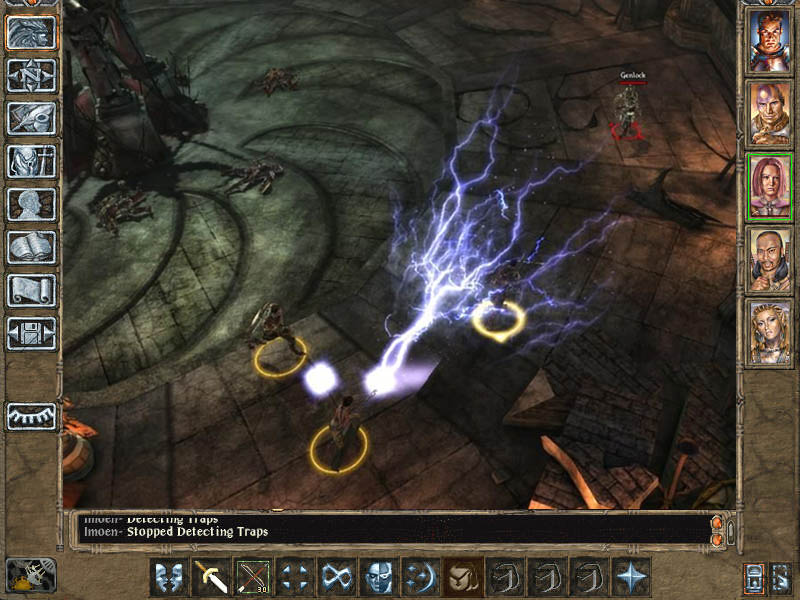
I wonder how they are going to translate the mouse and keyboard handling to the pad. This game has a massive HUD and that looks like a lot of short cut buttons. I hope it won't suffer under bad ported controls.








The second chapter in the Mass Effect trilogy takes you to the darkest reaches of space, where you must uncover the mystery behind the disappearance of humans across many worlds. Prepare yourself for a suicide mission to save mankind. Travel the galaxy to assemble a team of soldiers and combat specialists, and launch an all-out assault on the heart of enemy territory.
Source


Best New Debut: LittleBigPlanet
Runners up: Braid, Sins of a Solar Empire, World of Goo and Soul Bubbles
Best Audio: Dead Space
Runners up: L4D, MGS4, Gears of War 2
Best Game Design: LittleBigPlanet
Runners up: Fallout 3, L4D, Braid and Far Cry 2
Best Downloadable Game: World of Goo
Runners up: Braid, N+, PixelJunk Eden, Castle Crashers
Best Handheld Game: God of War: Chains of Olympus
Runners up: Patapon, Advance Wars: Days of Ruin, echochrome, The World Ends With You
Ambassador Award: Tommy Tallarico
Best Writing Award: Fallout 3
Runners up: Braid, MGS4, GTAIV and Far Cry 2
Best Technology Award: LittleBigPlanet
Runners up: Gears of War 2, Left 4 Dead, GTAIV and Spore
Best Visual Art Award: Prince of Persia
Runners up: LittleBigPlanet, Gears of War 2, MGS4 and Fallout 3
Pioneer Award: Harmonix’s Alex Rigopulos and Eran Egozy
Innovation Award: LittleBigPlanet
Runners up: Spore, World of Goo, Boom Blox, Braid
Lifetime Acheivement Award: Hideo Kojima
Game of the Year Award: Fallout 3
Runners up: Fable 2, LittleBigPlanet, Left 4 Dead, GTAIV


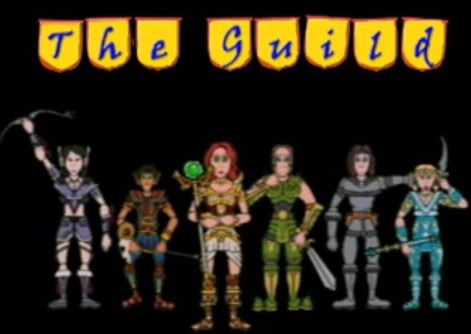
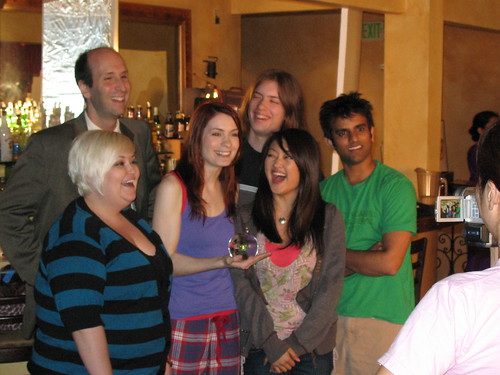

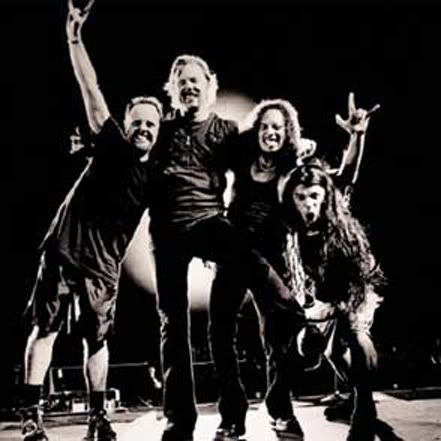







"2K Boston is focused on our next project, which will probably come as a huge surprise to our audience and yet at the same time will make total sense once they see it. I will say that we're clicking on all cylinders,"
"Besides delivering on the narrative experience we're known for, it will include a type of gameplay that is completely new to us - something the BioShock team has never really explored in depth before. In all areas (art, design, and programming), we spend half our day being totally psyched, and half our day wondering what we've gotten ourselves into. We're kind of humbled by the challenge.
"In the end, our new project is something we're champing at the bit to talk about," he said. "But we're not showing it to anybody and won't be for some time. In fact, the only way to get a look at it is to interview for a job with us."
"Something that will bring a small smile to old-school fans of the company," he explained. "Not a product announcement, but something they'll dig. I don't want to over-promise here, but we're psyched to roll it out."

"We're starting a new chapter of Max's life with this game." He continued: "This is Max as we've never seen him before, a few years older, more world-weary and cynical than ever. We experience the downward spiral of his life after the events of Max Payne 2 and witness his last chance for salvation."

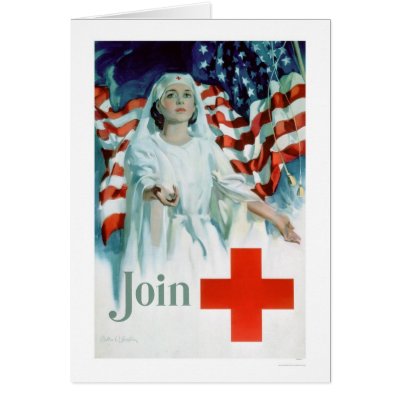



The struggle for domination between the SEGA Genesis and the Super Nintendo is doubtlessly the most knock-down fight for supremacy in the history of gaming. Playgrounds were bitterly divided over which system was the best. The Sonic crowd and the Mario loyalists often came to blows, cracking skulls when the coolness of a beloved mascot was questioned.
Actually, there were no cracked skulls. But exaggeration is the hallmark of good storytelling, you know.
[...]
But the most obvious factor in the performance of the Genesis is the appearance of Sonic the Hedgehog in 1991, which really gave SEGA a much-needed face. The Genesis had a real mascot that was synonymous with the company, just like Mario. The first Sonic game sold over four million units. The 1992 sequel outpaced it with six million units.
[...]
By 1994, SEGA had lost substantial ground to Nintendo in America. The two had been fairly close going into 1992, with Nintendo making strong gains against SEGA, thanks in no small part to the fact that every Super NES came with a copy of the acclaimed Super Mario World. According to market data, SEGA had a 55-percent share. But when SEGA started fracturing its audience with add-ons like the SEGA CD and 32X and Nintendo kept on producing triple-A games for its loyal fans, the battle was won. Nintendo pushed ahead of SEGA, which spent all of its 16-bit good will on the ill-fated Saturn.
